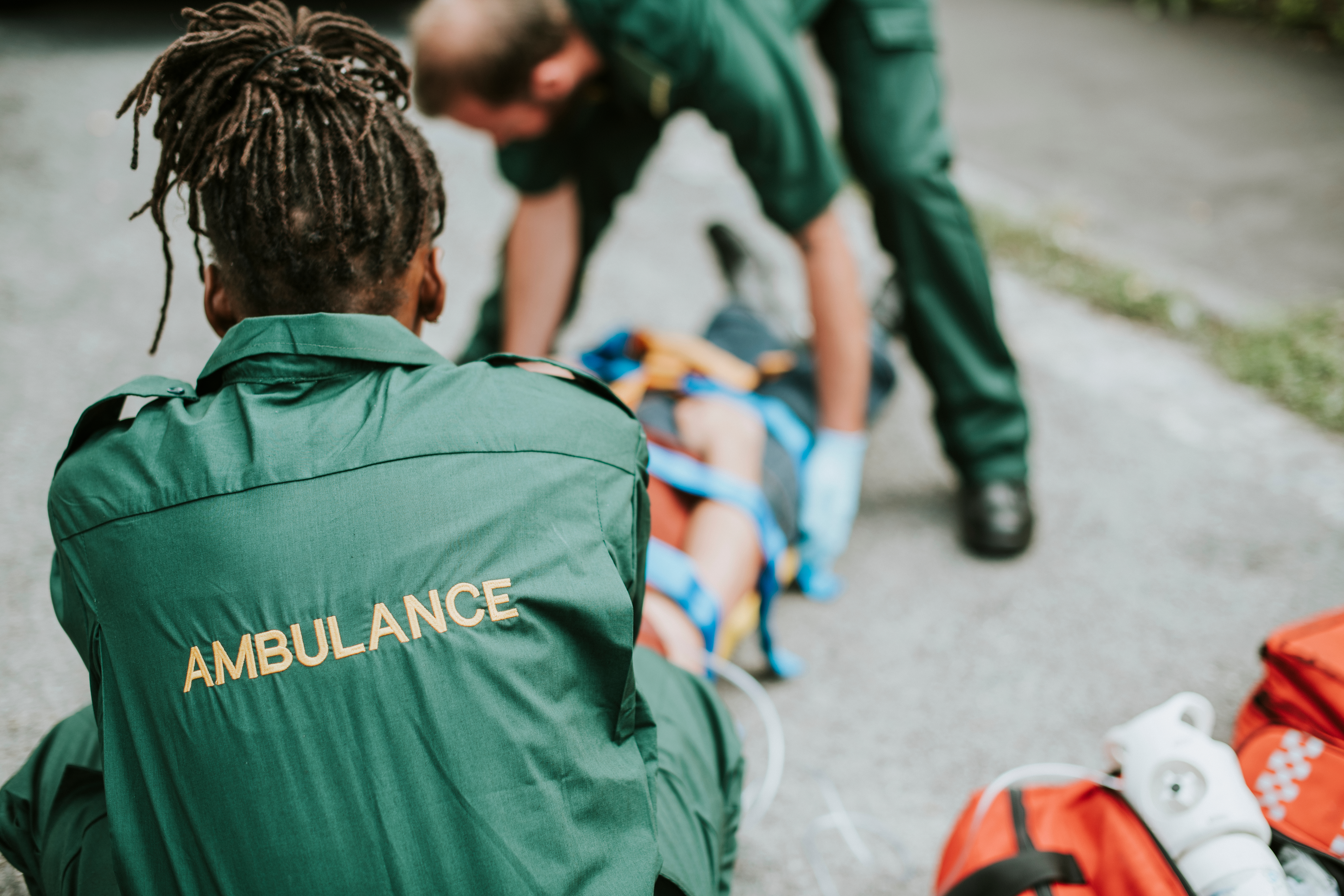The COVID-19 pandemic has put unprecedented pressure on our emergency services, highlighting the vital need to build resilience and protect the mental health of first responders. New analysis by Oxford researchers recommends that a combination of operational training for staff and mental health training for managers is most effective.

First responders are routinely exposed to traumatic critical incidents as part of their work, increasing their risk of developing trauma-related mental health problems. As a result there are many programmes available to support mental health and increase resilience among emergency workers. These include pre-employment screening programmes, psychoeducation, operational training, line manager training and interventions aimed at improving resilience, wellbeing or stress management.
However, a question remains around how effective each of these approaches may be. To properly support emergency workers, particularly in the face of a crisis like the one we are currently facing, it is vital for us to know which interventions work. It’s also essential to avoid offering training to staff which could be ineffective at best, and harmful at worst.
Responding to this need, a team led by Dr Jennifer Wild, Associate Professor in the University of Oxford Department of Experimental Psychology and Oxford Health BRC Senior Fellow, reviewed the evidence for the available interventions. They concluded that there was little evidence for psychoeducation – that is, simply giving staff information about how to stay well had little impact on reducing their stress levels. But good operational training, including training managers in how to talk about mental health provided the most effective support for emergency workers.
Dr Wild explains “It is the type of education that matters: training about the job appears to be more effective than training in stress management. Managers who are trained to have conversations about mental health tend to have fewer employees who take sick leave. Line manager training in mental health may be one of the most effective ways we can support frontline staff like paramedics during the COVID pandemic.”
In a separate review the team analysed more than 4000 studies of interventions designed to build first responders’ resilience to stress. The review found targeting predictors of poor mental health, such as avoidance and inactivity, to be most effective. According to Dr Wild the same approach taken to improve resilience in physical health can be applied to improving resilience to mental ill health for first responders. She adds “This is especially important now as we recruit resources to support frontline staff working during the COVID pandemic.”
Further trials are now needed to draw firm conclusions about the benefits of the interventions.
Dr Jennifer Wild is Oxford Health BRC Senior Fellow and Associate Professor, Department of Experimental Psychology, Oxford Centre for Anxiety Disorders & Trauma.


